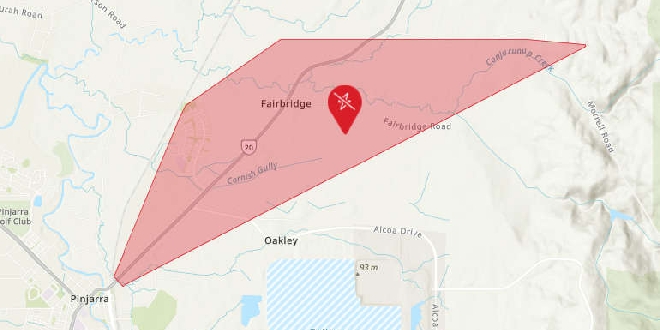
The nation's largest youth survey has found young WA apprentices have the highest level of wellbeing compared to any other career pathway, including taking a gap year.
The Skillsroad 2018 Youth Census, commissioned by Apprenticeship Support Australia, surveyed 34,071 youth aged between 15 and 24 across the country.
Around 5,800 participants were young people in WA, with the census aiming to identify the concerns and issues affecting them as they transition from school into post-school training, education or the workplace.
Apprenticeship Support Australia Manager Lena Constantine said across the country, young people who pursued an apprenticeship reported the highest levels of wellbeing, including competence, emotional stability, positive relationships and resilience, followed by traineeships and getting a full-time job.
“There is still work to do in educating young people and career influencers about apprenticeships and traineeships, with the biggest concern cited by 43 per cent of respondents taking these pathways being pay,” she said.
“Many students don’t know that there are more than 500 apprenticeships and traineeships available across a range of industries in almost any field, from business services and hospitality to plumbing and carpentry, or that these careers pay salaries similar to those that university graduates expect.
“Any barrier to young people taking on an apprenticeship or traineeship is a concern, with the latest National Centre for Vocational Education Research revealing that in-training numbers continue to fall, down 7.4 per cent in the year to March 2018–more than six times the national change.
“Commencements in WA have also continued to decline –down 3.2 per cent over the same period, while completions are down 4.2 per cent.”
Across WA, the top three concerns for youth growing up in the State are job availability, mental health issues and housing affordability.
Less than half (49.6%) of WA participants reported they received quality career advice through out their schooling and the biggest influence on their career choice, other than themselves, was their parent or guardian.
“Job opportunities in WA aren’t limited. The reality is that national skills shortages are starting to be felt across many regions and industry sectors
in WA, including across trades and healthcare, which our young people could be pursuing a career in,” Ms Constantine said.
“It is clear that young people need to be able to make informed career choices. We need to educate young people and their parents on all career pathways, their suitability to these, and how and where to pursue them."



 Stolen Ford Mustang linked to southern suburbs incidents
Stolen Ford Mustang linked to southern suburbs incidents
 Baldivis: Truck fire forces closure of Kwinana Freeway
Baldivis: Truck fire forces closure of Kwinana Freeway
 Concerns for missing Baldivis girl
Concerns for missing Baldivis girl
 MARC leisure pool, pirate playground to close for several weeks due to maintenance works
MARC leisure pool, pirate playground to close for several weeks due to maintenance works
 Petition launched to change new Eastern Foreshore playground due to safety concerns
Petition launched to change new Eastern Foreshore playground due to safety concerns
 Parts of Pinjarra, Fairbridge without power
Parts of Pinjarra, Fairbridge without power
 Bouvard scrub fire deemed suspicious
Bouvard scrub fire deemed suspicious
 Peel Thunder crush Perth in WAFLW season opener
Peel Thunder crush Perth in WAFLW season opener
 Baldivis man charged after AFP seize haul of cigarettes, vapes, $2.6M cash
Baldivis man charged after AFP seize haul of cigarettes, vapes, $2.6M cash